
Politics & Society
A shared vision for Australia’s security
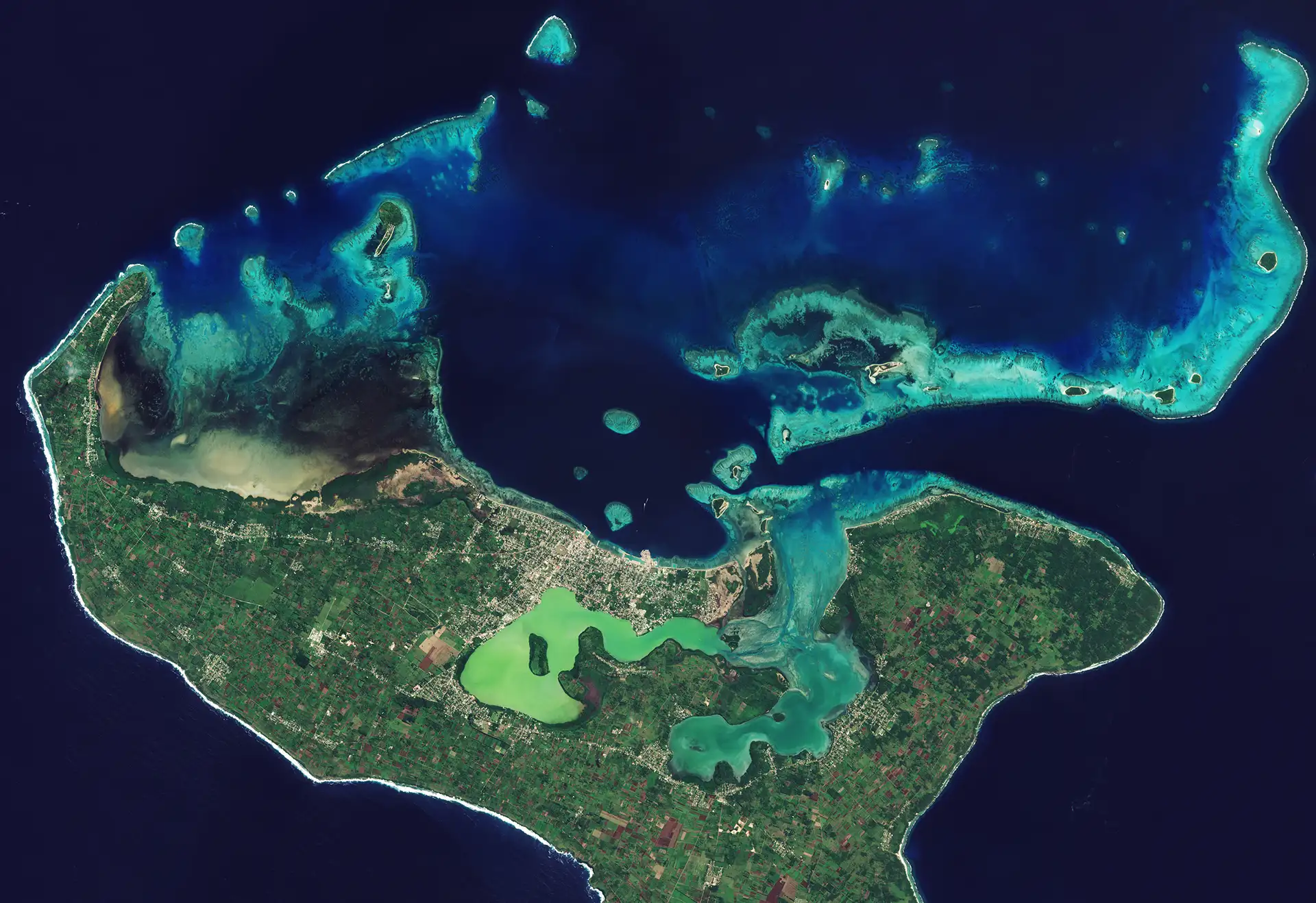
As the Australian Prime Minister attends the 53rd Pacific Islands Forum Leaders Meeting in Tonga, Australia can’t take its involvement in the Pacific for granted
Published 26 August 2024
This week, Prime Minister Anthony Albanese is in Tonga for the Pacific Islands Forum Leaders Meeting.
It’s a meeting that brings together 18 leaders from across Melanesia (including Fiji, Papua New Guinea and Vanuatu), Polynesia (including Samoa, Cook Islands and Tuvalu) and Micronesia (including Palau, Kiribati and Marshall Islands).
Pacific regionalism is important to Australia – and can’t be taken for granted.
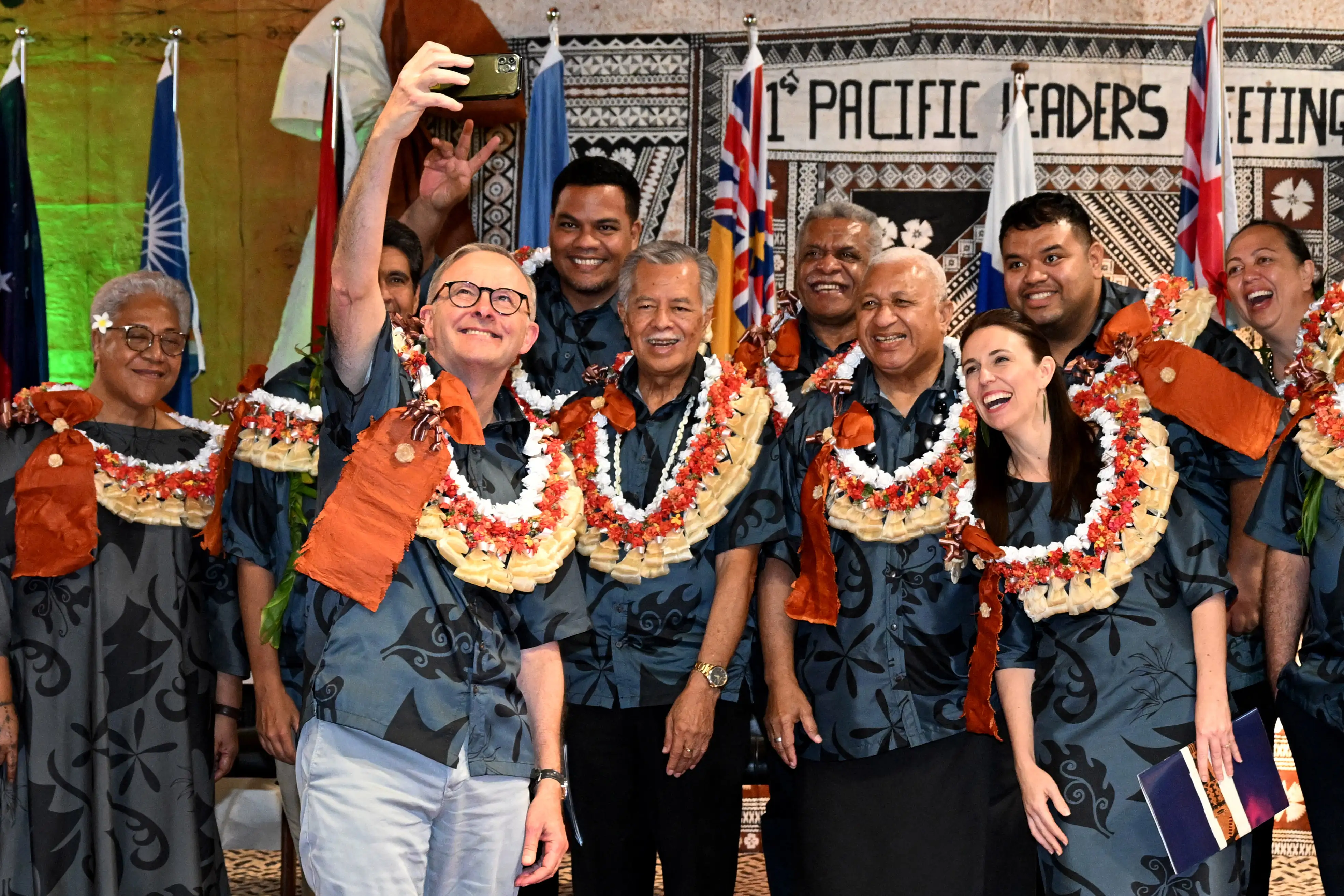
Cooperation among Pacific countries is key to addressing shared challenges and capitalising on shared opportunities.
This 'regionalism' is how collective priorities are developed, agreed and delivered.
Despite their many differences in national interests and objectives – which cannot be papered over – Pacific Islands Forum members convene as a collective.

Politics & Society
A shared vision for Australia’s security
While the Pacific has not followed the European Union model of surrendering sovereignty and establishing a free trade area, for five decades Pacific countries have used regionalism as a vehicle to promote development and security.
There remains an enduring political commitment to Pacific regionalism among Pacific Island countries.
Significant changes in the strategic environment over the past decade – including the disruption of COVID-19, climate change and natural disasters and the emergence of new partners in the region – have required Pacific countries to navigate a series of challenges with local, regional and global consequences.
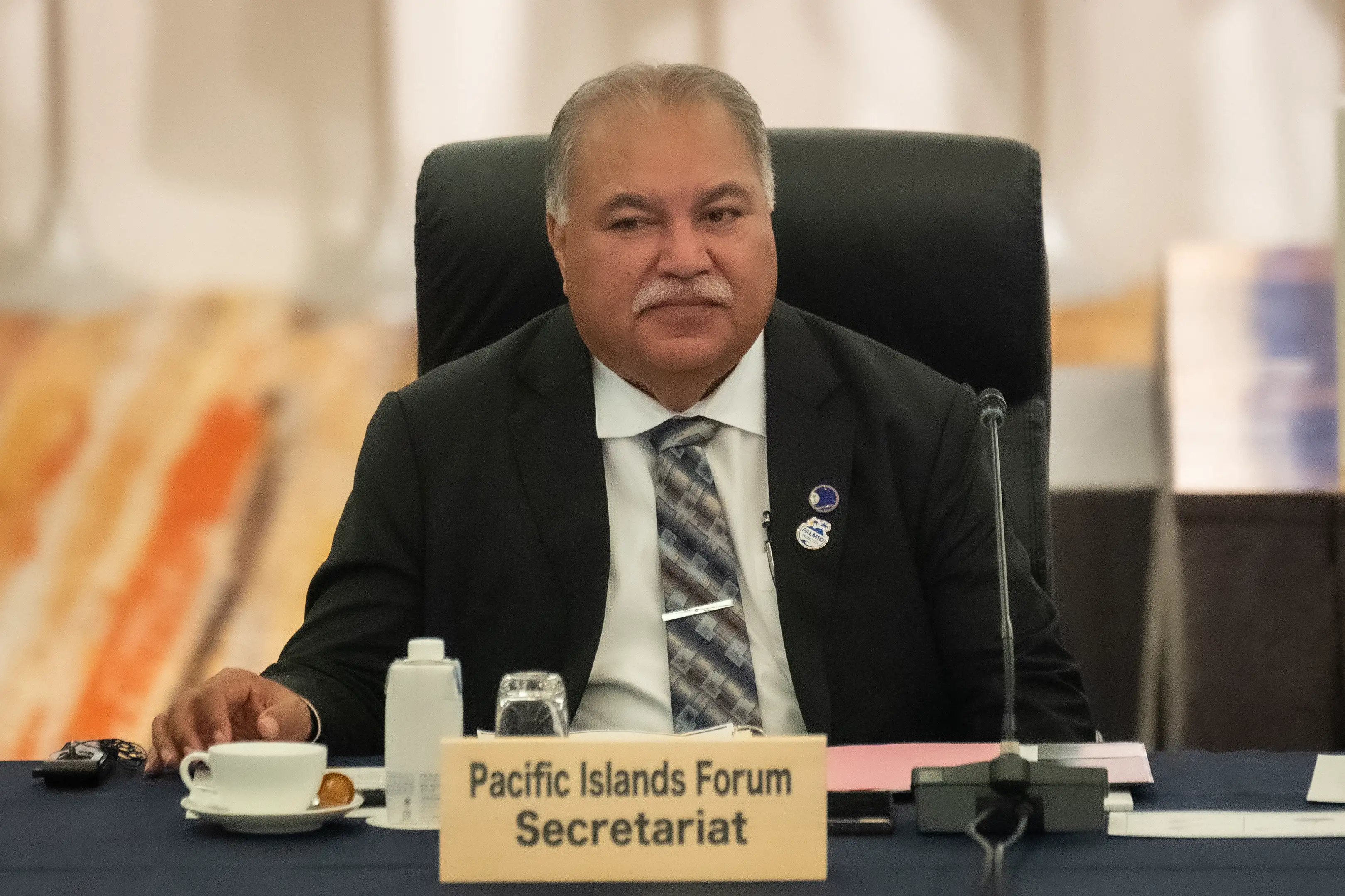
In an era of rapid geopolitical shifts, sudden structural changes – and even a retreat from regionalism – are possible.
Australia should plan for and be ready to respond to these developments as they arise.
The last few Pacific Islands Forum leaders meetings have been dominated by the withdrawal of Micronesian states over perceived unfairness of the Forum’s Secretary-General.
This is now resolved with former President of Nauru Baron Waqa starting his tenure in June.
By contrast, this year’s meeting will have expansion on the agenda.

Politics & Society
Is Australia doing enough to support the Pacific?
There are two potential additions with the US territories of Guam and American Samoa seeking to join as associate members, in the first enlargement since France’s non-sovereign semi-autonomous territories of New Caledonia and French Polynesia joined as full members in 2016.
This could be perceived as increasing US influence in terms of strategic competition.
One of the key roles for the Pacific Islands Forum is to manage the geopolitics of the region.
As well as the US, China and long-time partners like Japan, it is a crowded space with countries like India, South Korea, Germany and Canada all increasing their involvement.
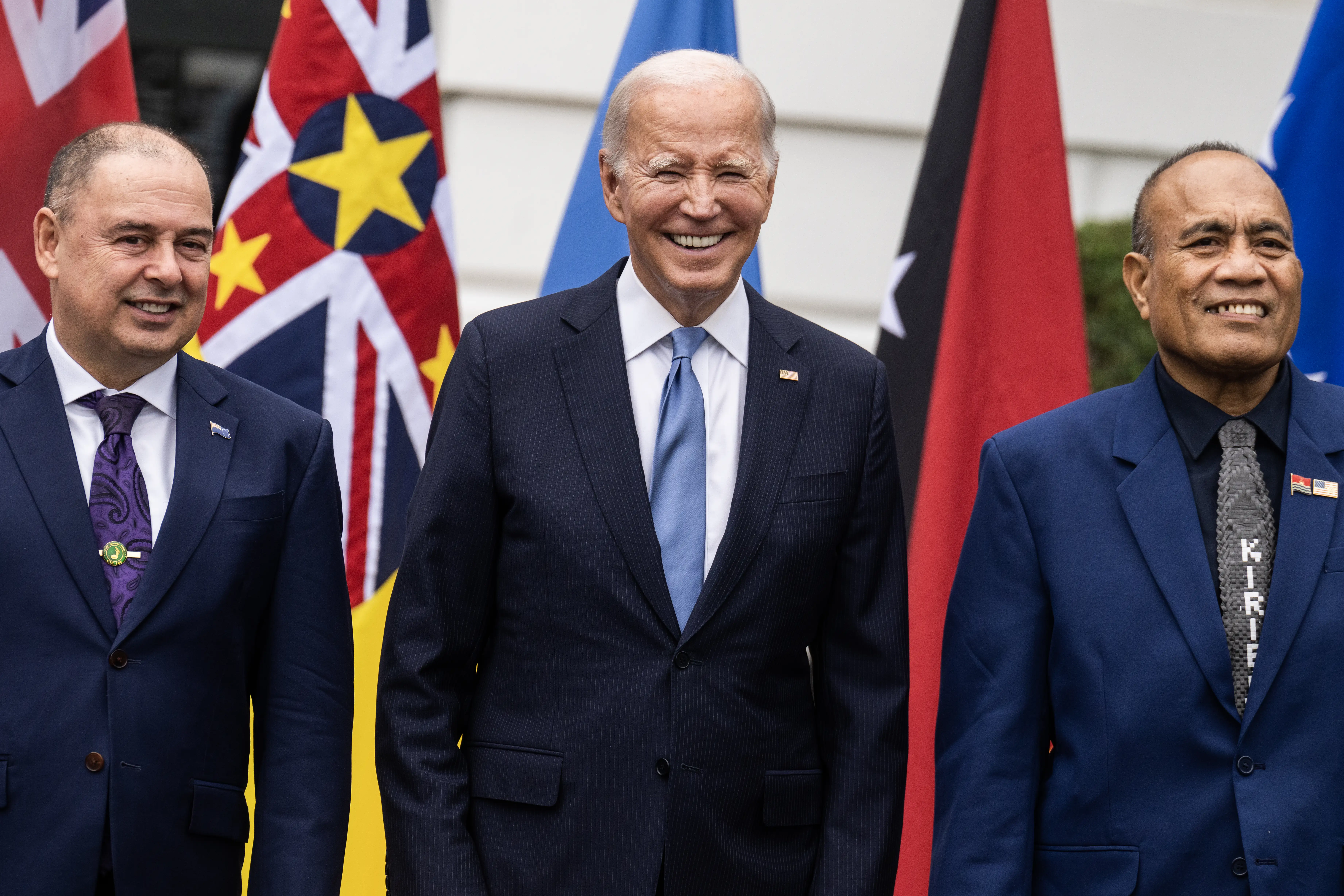
A recent paper by the Asia-Pacific Development, Diplomacy & Defence Dialogue (AP4D) consulted with more than 50 experts from Australia and the Pacific on ways to manage this competition.
Some of the options include creating a more institutionalised process for facilitating geopolitical conversations – potentially along the lines of the ASEAN Regional Forum – and more formalised structures to coordinate development assistance to reduce the coordination burden on Pacific governments.
So, what’s on the agenda? In a word: implementation.
After a multi-year process, Pacific Island Forum leaders adopted the 2050 Strategy for the Blue Pacific Continent in 2022.

It’s a vision of “a resilient Pacific Region of peace, harmony, security, social inclusion and prosperity, that ensures all Pacific peoples can lead free, healthy and productive lives”.
The Strategy sets out clear priorities around seven thematic areas: political leadership, people-centred development, peace and security, economic development, climate change, environment and technology.
The issue is translating these regional aims into national plans given very real barriers like finance, transport, infrastructure, poor governance, corruption and geographic isolation.
Tonga says it wants this year’s meeting “to move beyond policy deliberation to implementation – to achieve transformation by building better now”.
One of the items on the agenda will be banking.
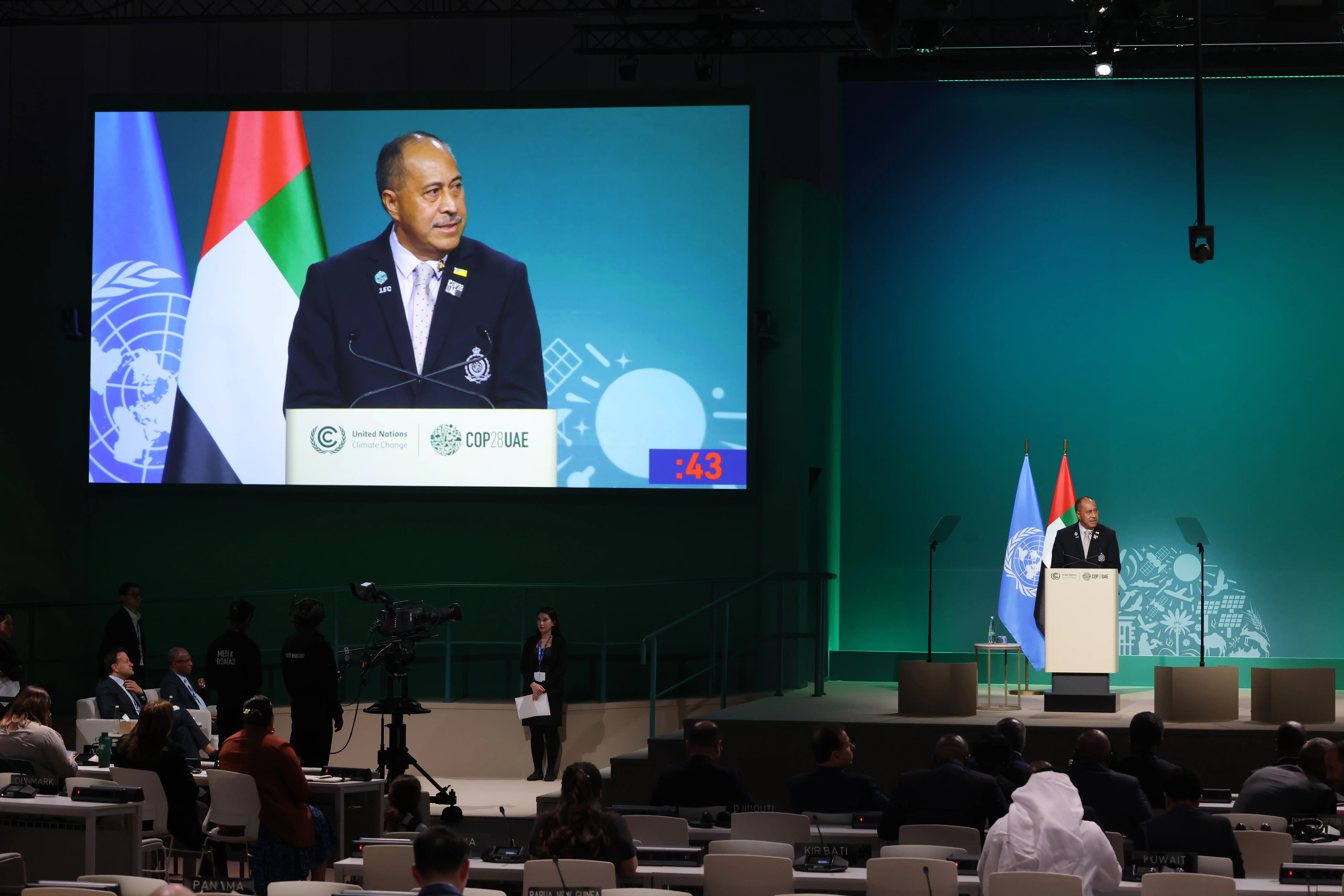
Western banks have fled the market because of their small market sizes, low profitability and rising transnational crime.
This has led to grave concerns that some Pacific Islands will be delinked from the global banking system.
Like maritime transport, banking is a key enabler of development.
Australia has been active on this issue, announcing an investment of more than six million dollars at a Pacific Banking Forum in Brisbane. Forum economic ministers recently met and have started implementing measures.
Other likely issues include policing, gender equality and movement of people through the region.

Politics & Society
Real partnership with Solomon Islands must be based on truth
As always, top of the agenda will be climate change – an issue that the region agrees is an existential threat.
With perceptions that climate change has not been viewed with the same urgency by Australia, it is an issue key to Australia’s aim of being the Pacific’s partner of choice.
Significant opportunities will open up if the joint Australia-Pacific bid to host the 2026 United Nations climate conference (COP31) is successful.
As well as showcasing Pacific Islands’ climate diplomacy, it would also signal Australia’s intent to promote the ideals of the Blue Pacific Strategy globally.
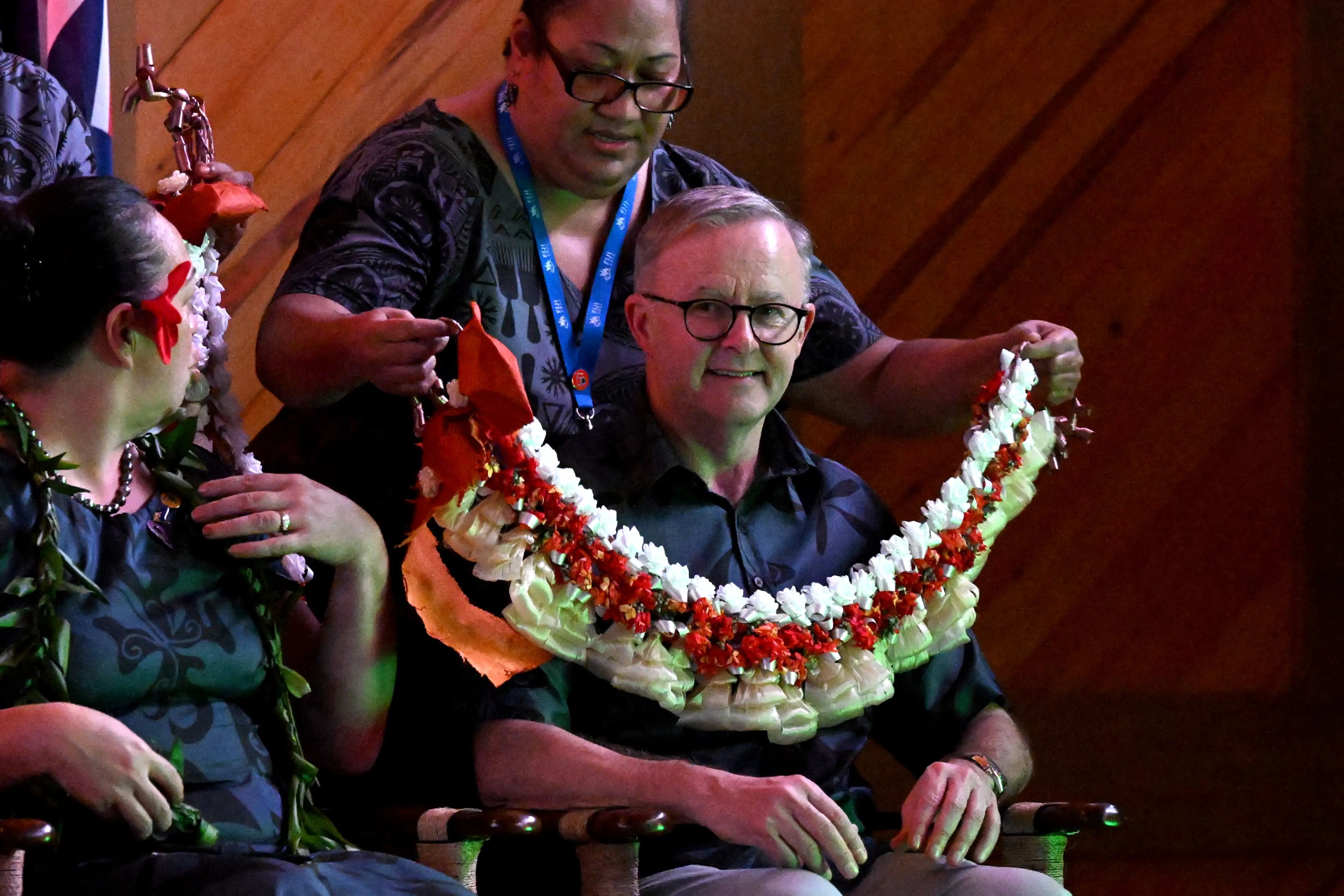
It would also be one of the biggest international meetings hosted by Australia – a diplomatic summit, trade fair and global event wrapped into one.
Success would position Australia as not just a partner or a supporter of Pacific aims, but as a collaborative voice at the Pacific regionalism table.
For Australia, a commitment to Pacific regionalism is imperative, with a strong sense of regionalism paying a significant security dividend for Australia.
Regional cooperation relies on the ability of each nation to see itself within a regional framework. Achieving this requires developing bonds of affinity across national boundaries and a willingness to prioritise shared interests.

Politics & Society
Stepping carefully amid conflict in the Pacific
Pacific regionalism rests on the identification of key shared priorities that can serve as a foundation to build a sense of solidarity.
This means Australia needs to see itself as more than an advisor to regional institutional arrangements, but as striving towards greater integration into the region’s identity.
This involves moving from “how can Australia help?” to “how can Australia contribute as a member of the Pacific?”.